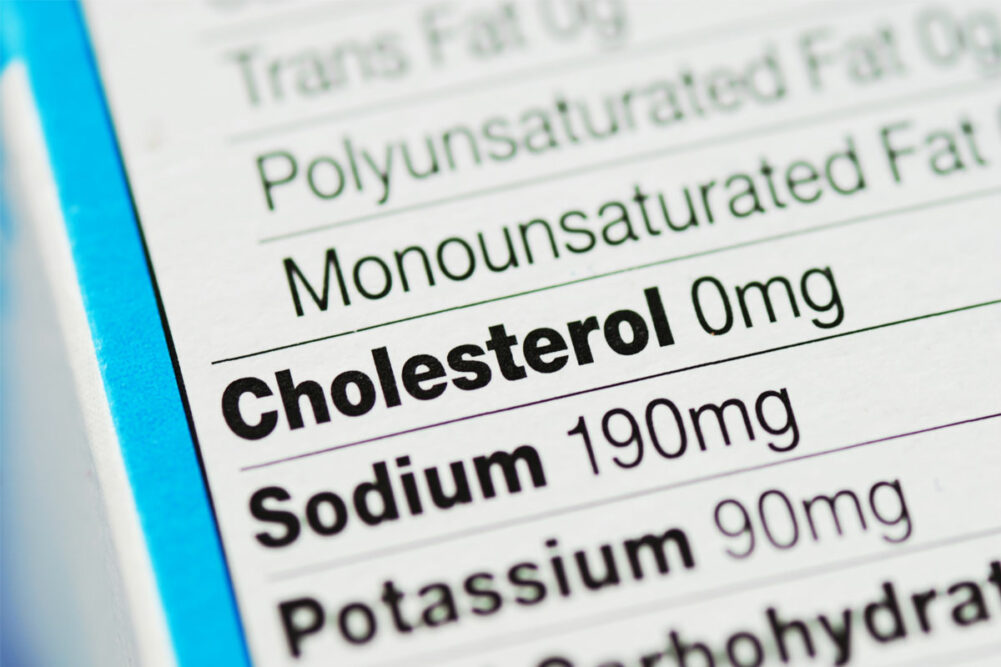WASHINGTON — The US Food and Drug Administration on March 24 issued a proposed rule to change the standards of identity (SOIs) for foods that include salt. The proposed rule would permit the use of safe and suitable salt substitutes while giving industry more flexibility in reducing sodium levels in foods and beverages, according to the FDA.
Standards of identity typically describe what a certain food must contain and what ingredients are optional, according to the FDA. Some also prescribe a method of production or formulation. More than 250 SOIs exist in the United States, but most of them currently do not permit the use of salt substitutes in place of salt.
The proposed rule would use a “horizontal” approach to updating SOIs, which means it would affect multiple SOIs and apply across various foods and food categories.
“Today’s action is another step forward in our efforts to improve nutrition and reduce chronic disease by providing manufacturers another tool to lower the use of sodium in food production,” said Robert M. Califf, MD, FDA commissioner. “This approach may help reduce Americans’ sodium intake and lower their risk of hypertension, a leading cause of heart disease and stroke.”
The proposed rule would amend the 80 SOIs that specify salt as a required or an optional ingredient. Since the 80 SOIs are referenced in other SOIs, the proposed rule would affect 140 SOIs. The FDA gave the example of salt being an optional ingredient in the SOIs for bread, rolls and buns.
The proposed rule would not list specific salt substitutes. Instead, it would cover ingredients or combinations of ingredients used as salt substitutes. The proposed rule defines salt substitutes as safe and suitable ingredients, or a combination of ingredients, used to replace some or all of the salt in a standardized food.
The FDA will accept comments on the proposed rule for 120 days after its publication in the Federal Register. Electronic comments may be sent through www.regulations.gov. Written comments may be sent to Dockets Management Staff (HFA-305), Food and Drug Administration, 5630 Fishers Lane, rm. 1061, Rockville, MD 20852. All submissions must include the Docket No. FDA-2022-N-2226.
The proposed rule is part of the Biden administration’s National Strategy on Hunger, Nutrition, and Health, which provides a roadmap of actions the federal government will take to end hunger and reduce diet-related diseases by 2030.
The FDA proposal addressed potassium chloride several times. Currently, the SOI for margarine specifically permits the use of potassium chloride in the manufacture of dietary margarine. Potassium chloride is a Generally Recognized As Safe (GRAS) substance, the FDA pointed out.
“The use of potassium chloride is one example of a safe and suitable ingredient discussed in the scientific literature that, in some instances, serves as a partial substitute for sodium chloride in food processing and manufacturing,” the FDA said. “Other examples of ingredients listed in the scientific literature include herbs and spices, yeast extracts, monosodium glutamate, amino acids, and dairy extracts.”
In December 2020 the FDA said it would allow the term “potassium salt” in place of potassium chloride in the ingredient statement on product labels.
Cheese also was addressed as the FDA is proposing to permit the use of salt substitutes in 41 SOIs for cheeses and related cheese products.
The FDA in October 2021 issued guidance for industry that finalized short-term voluntary sodium reduction targets in over 160 categories of packaged and restaurant-prepared foods. Americans on average consume 3,400 mg of sodium per day. The Dietary Guidelines for Americans recommends adults consume less than 2,300 mg of sodium per day. Over 70% of sodium consumed in the United States comes from sodium added during manufacturing and commercial food preparation.
“Most people in the US consume too much sodium,” said Susan Mayne, PhD, director of the FDA's Center for Food Safety and Applied Nutrition. “The majority of sodium consumed comes from processed, packaged and prepared foods, not from salt people add to their food when cooking or eating.”





